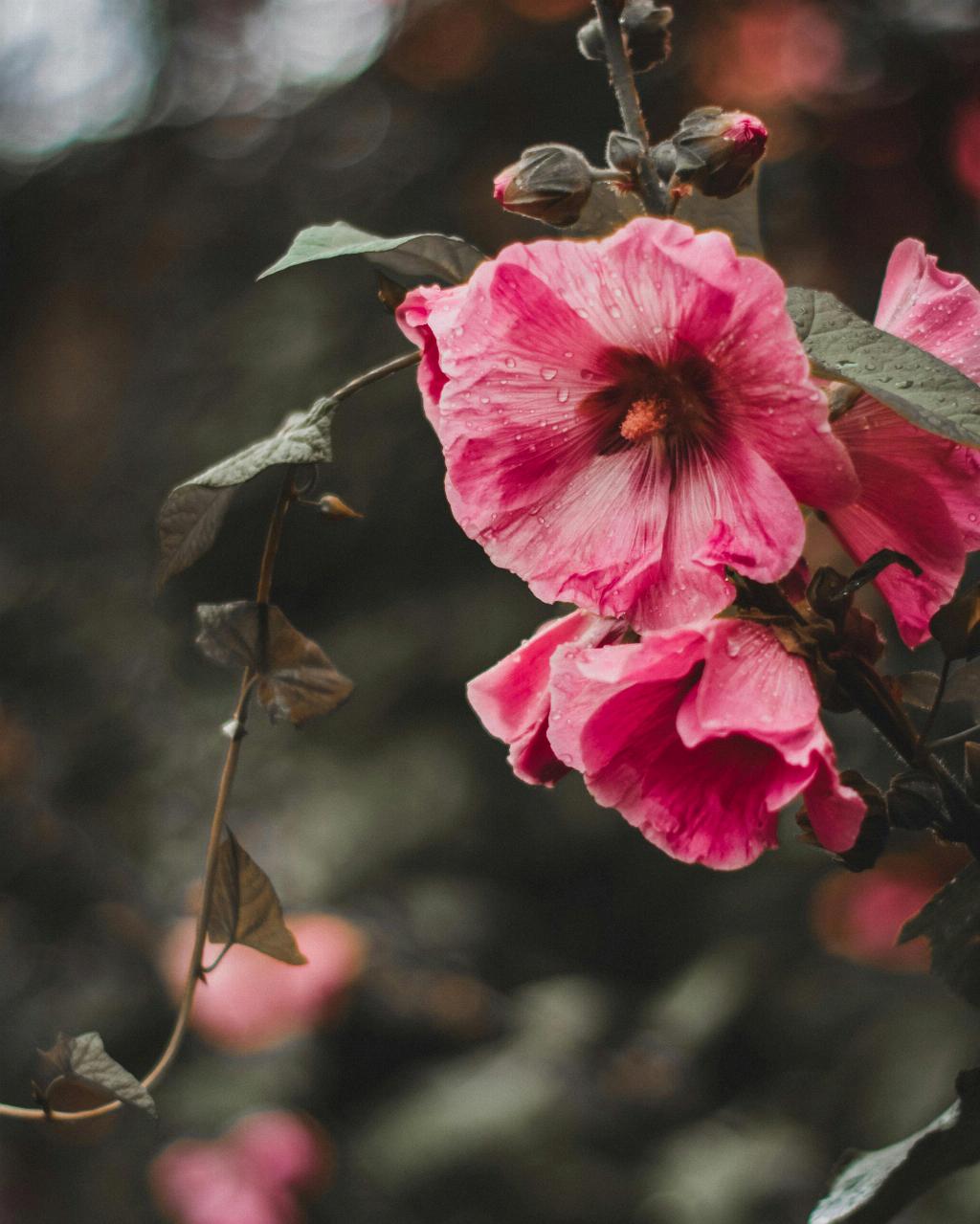Without a doubt, the answer is yes! Hibiscus is not only a stunning and vibrant flower to behold, but it also happens to be completely edible. Its versatile nature allows for various parts of the plant to be consumed, offering a unique culinary experience for those willing to explore beyond the ordinary.
One of the primary edible parts of the hibiscus plant is the calyx, which is essentially the leaf-like covering that envelops the flower bud. This part of the plant is commonly used in dishes and beverages, adding both flavor and visual appeal to a wide range of culinary creations.
Furthermore, the petals of the hibiscus flower are also edible and can be used in salads, teas, and garnishes for desserts. Their slightly tangy taste and vibrant color make them a popular choice for adding a touch of exotic flair to various dishes.
When it comes to the leaves of the hibiscus plant, they are not to be overlooked either. Rich in nutrients and possessing a slightly sour taste, hibiscus leaves can be used in salads or cooked dishes, providing a unique and refreshing twist to traditional recipes.
While the flowers, calyx, and leaves of the hibiscus plant are commonly consumed, it is essential to note that certain varieties of hibiscus may contain compounds that could be harmful if ingested in large quantities. Therefore, it is advisable to research the specific type of hibiscus you intend to eat and consume it in moderation.
Aside from its culinary uses, hibiscus has a long history of being used for medicinal purposes in various cultures around the world. Known for its potential health benefits, hibiscus is often brewed into teas that are believed to aid in digestion, promote cardiovascular health, and even support weight management.
Moreover, hibiscus is a popular ingredient in skincare products, thanks to its antioxidant properties and ability to promote healthy skin. Whether used in creams, serums, or masks, hibiscus can help rejuvenate the skin and combat signs of aging, making it a sought-after beauty elixir.
When considering the vast array of benefits that hibiscus offers, it is clear that this versatile plant is not just a feast for the eyes but also a nourishing addition to one’s diet and lifestyle. By incorporating hibiscus into your culinary repertoire, you can savor its unique flavors and reap the many health rewards it has to offer.
In conclusion, the answer to the question “Can You Eat Hibiscus?” is a resounding yes. From its edible flowers to its nutritious leaves, hibiscus presents a world of culinary possibilities waiting to be explored. So why not add a touch of hibiscus magic to your next meal and elevate your dining experience to a whole new level!

